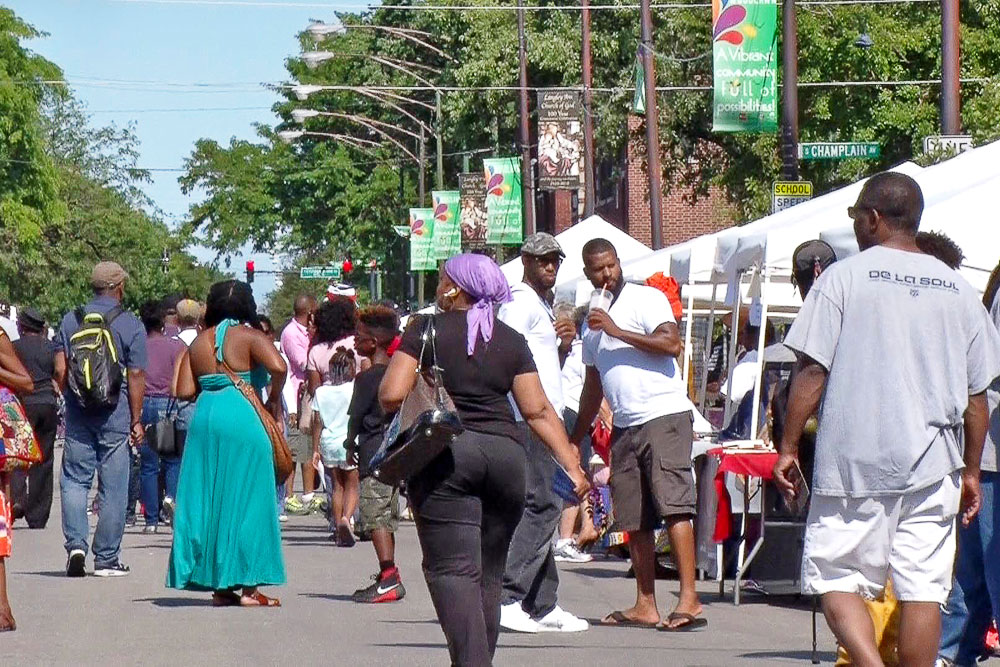Up next in our series of interviews with notable, in-the-know locals: Asadah Kirkland, founder and president of the Soulful Chicago Book Fair, which turns two this Sunday.
Explain why you created the Soulful Chicago Book Fair.
I’m from New York City, and we have a pretty reputable book fair for African-Americans out there. When I moved to Chicago, I was surprised that a city with this kind of literary history—we’re talking about Gwendolyn Brooks, Lorraine Hansberry, Richard Wright, Margaret Walker—didn’t have one. So I decided to create an event where, if you want to find culturally relevant books as a black person, you have a place to go.
You describe the fair as “author-centric.” What does that mean?
We say “afro-centric” to describe something that has an African consciousness, so we call this an “author-centric” event. You’re seeing those types of books, but you’re also meeting the authors. It gives a stage to people who don’t normally have one unless they’re in some publishing house.
You’ll also have food and performances, which feels more like a festival than a book fair. Why?
I wanted to represent all of the various ways people present their ideas. When you write, you choose how you deliver your thoughts—in a book, through a song, through poetry. All of these forms are us presenting our dreams.
What sort of reaction did you get at last year’s event?
It's almost always great reviews. And when you talk about people living in the actual residential community, on 61st between King and Cottage Grove, I’ve had people nearly crying. Never has anybody put up a festival in our community. It’s usually police activity or something of that nature. We’ve had people tell us they love us. That, for me, is humbling. It’s my community, and they’re my people.
What are your hopes for the event going forward?
My dream is to go into Barnes and Noble and see a Soulful Chicago section, or to see Soulful Chicago titles in school libraries. That’s how we’ll validate ourselves: to start telling our own stories. For so long, other people have told our stories, and that can be demeaning. If we tell our own stories, you’re getting our own points of view. That’s refreshing, and we’re going to continue to put that energy out into the world.



